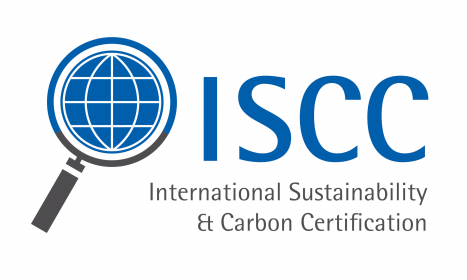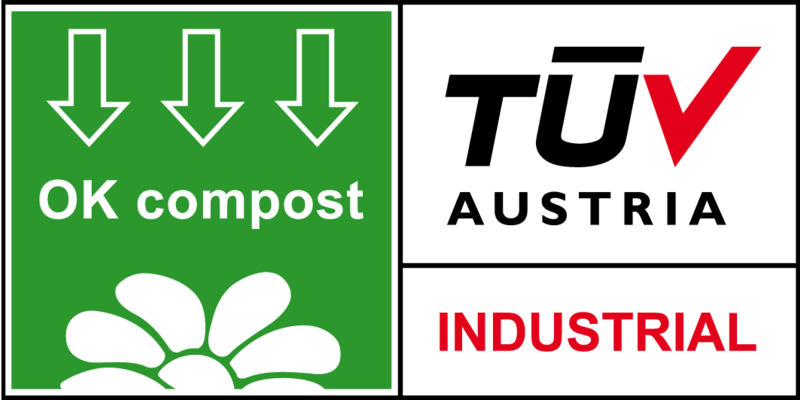
Bio
We offer solutions with bioplastics to cover a wide range of sustainable needs

Bio
When we talk about bioplastics, we refer to a category of products that encompasses both plastics from renewable sources and plastics that biodegrade at the end of their useful life.
For this reason, within our BIO range, we offer solutions with bio-based materials
BIOBASED
Biobased plastics are made from renewable raw materials instead of the natural raw materials of fossil origin (natural gas or oil) used in conventional plastics.
Bio-based plastics are derived entirely or in part from biomass obtained from renewable natural resources, generally of plant origin (such as corn, sugar cane, cellulose, etc.), marine origin (such as plants, algae, or certain microorganisms), or animal origin (lactic acid). In some cases, it’s also possible to produce them from certain types of agricultural waste.
Production of
biobased plastics
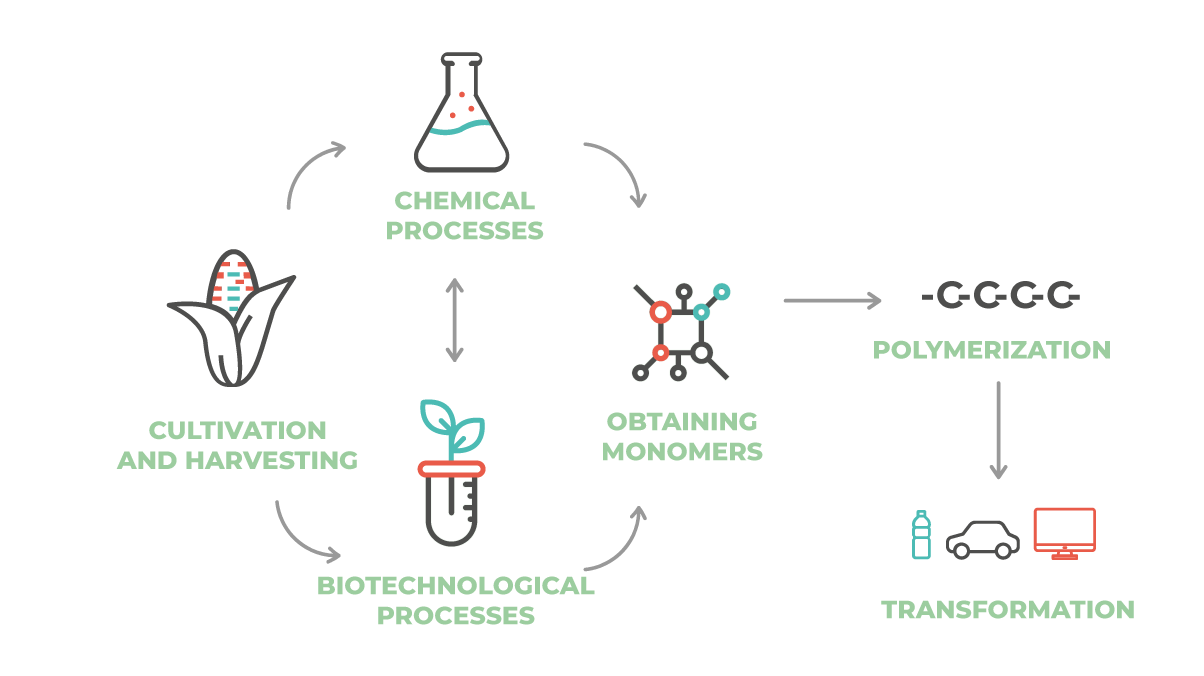
Discover our Biobased ECOsolutions
According to all the above, we offer different bio-based products in our products.
These include:
If you are looking for more solutions with bio-based materials, from renewable sources
(ISCC Certified)
BIODEGRADABLE
PLASTICS
Biodegradable plastics are those that disintegrate through the action of microorganisms such as fungi, bacteria, or microalgae. In other words, unlike traditional plastic, biodegradable plastic decomposes at an accelerated rate through the action of the environment and the biological organisms found in it.
However, it is very important not to speak of biodegradation generically, but always specify the specific environment (water, soil, or composting center) for which its degradation has been designed, under which conditions, and within in what specific periods of time it will be carried out.
Discover our
Biodegradables
ECOsolutions
Considering all the above, our plants offer different products that are biodegradable in soil and thus, don’t need to be removed, as they degrade and eventually integrate into the soil. These include:
Solutions for
biodegradable
mulched crops
Certification OK Biodegradable
in soil by TÜV
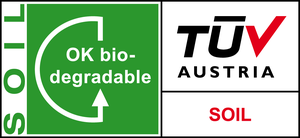


If you are looking for more solutions that are biodegradable in soil
(TÜV Certified)
Pure biodegradables
100% compostable
A particular type of biodegradable product is known as compostable, which is the one that undergoes biological degradation until it forms compost, producing carbon dioxide, water, inorganic compounds, and biomass (compost) as a result. All this happens in a specific time frame, without fractioning into visible particles or leaving toxic residues in the soil. This requires collection and transport to the composting location. This requires collection and transport to the composting location.
When biodegradation also reaches the level of compostability,
- We can speak of Domestic when it can be carried out in an orchard or garden.
- Industrial, if industrial infrastructures are needed to complete the process.
The reference standard for these polymers is identified as UNE-EN 13432:2001, which describes the test program and evaluation criteria for final acceptance of the packaging or film analized. This standard also specifies the requirements and procedures necessary to determine the compostability of the materials.
According to European standards, 100% compostable biodegradable plastics are recoverable by composting or anaerobic digestion.
Discover our
Biodegradable compostable
ECOsolutions
Accordingly, our plants offer different compostable biodegradable products to cover a wide range of needs, among which are the following:

If you are looking for more compostable biodegradablesolutions for other industries
(TÜV Certification)
FREQUENTLY ASKED QUESTIONS
Is a bio-based plastic biodegradable?
Since the biodegrading property is related to the chemical structure rather than the origin of the material, a bio-based film may be biodegradable or compostable but some aren’t biodegradable.
What are the advantages of biodegradable and compostable products?
They offer an alternative recovery option for products that at the end of their useful life are highly “contaminated” with organic matter and are costly or difficult to collect and wash for recycling.
In this way, agricultural films certified for biodegradability, which are expensive to collect at the end of their useful life, can be mixed with the soil so that when they biodegrade, they break down and integrate into the soil naturally without creating a negative impact on the environment.
What is the difference between compostable plastic and plastic that’s only biodegradable?
The compostable plastic will degrade in a composting process that requires human intervention to create the precise environment in which the material can degrade to form humus (compost). This requires reaching minimum temperatures, nutrients, moisture, and oxygen.
However, in biodegradation without composting, plastics are fragmented under natural conditions, without requiring an artificial environment, and are assimilated by microorganisms within a reasonably short time, depending on the humidity and temperature of the medium.
Are conventional plastics derived from gas or oil biodegradable?
Conventional plastics are not designed to disintegrate naturally in the environment within a reasonable period of time. Therefore, the way to recover them is to integrate them into the circular economy by collecting them for recycling and incorporating them into new products.
other
ecosolutions
RECYCLED
OPTIMA

360º

ESSENTIAL
Sustainability plan
Ecoinitiatives
Transparency
GoCircularPlastics
We promote plastics circularity

